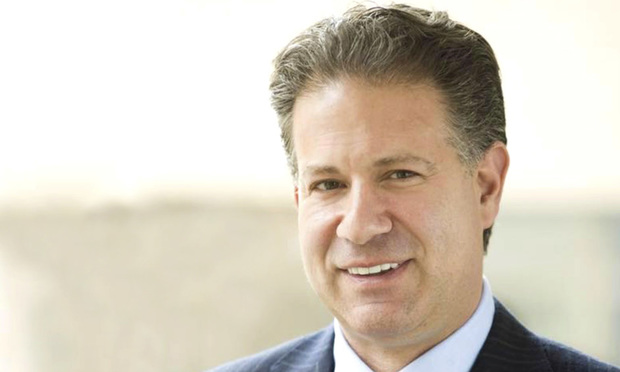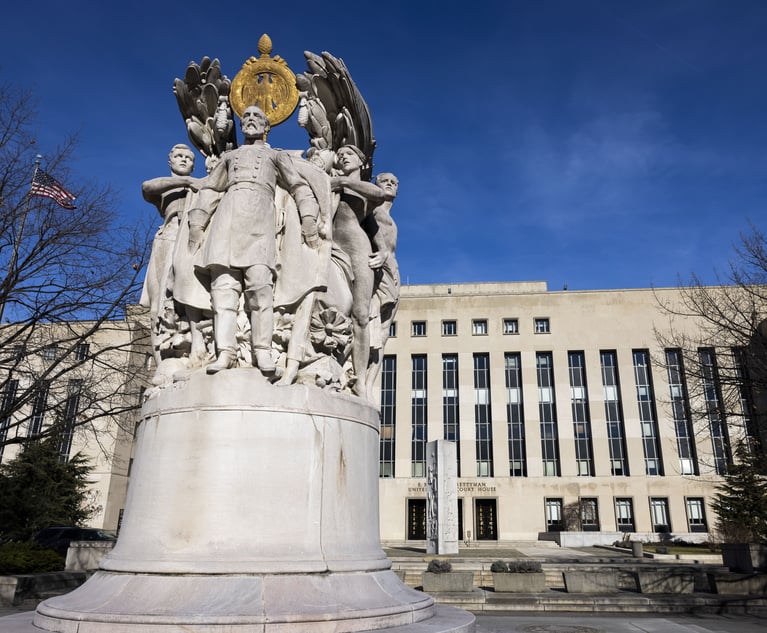A group of litigants in Utah, California and New York are gearing to consolidate 11 cases across eight federal districts.
Their attorneys are seeking to move the litigation to the U.S. District Court for the Northern District of Georgia before Judge Leigh M. May, who presides over a related case. The alternative choice is U.S. District Judge Diane J. Humetewa in Arizona.


 Michael S. Popok, managing partner at the New York office of Zumpano Patricios.
Michael S. Popok, managing partner at the New York office of Zumpano Patricios.





